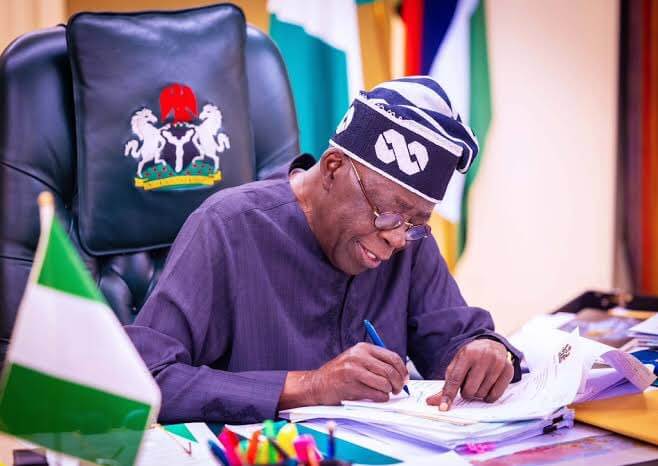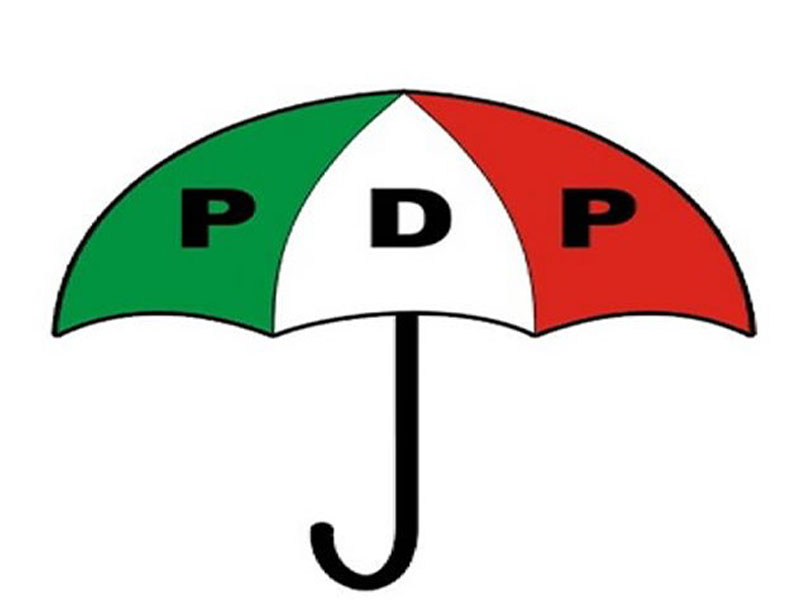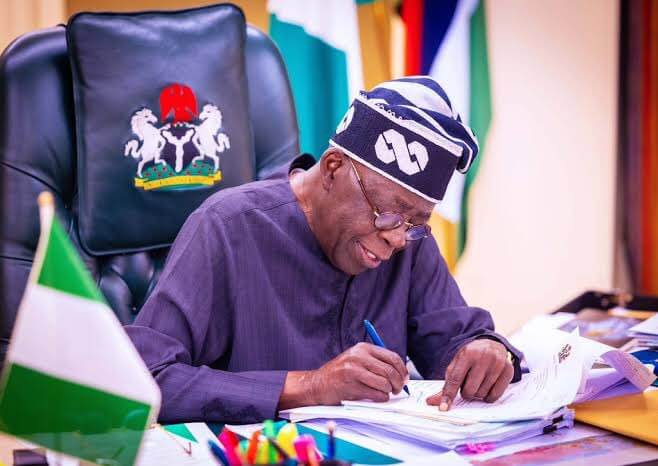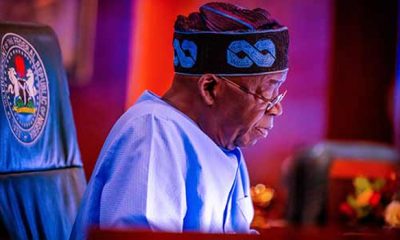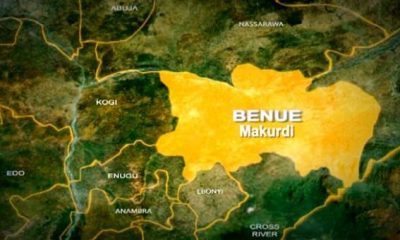Featured
The Ultimate Guide To Understanding The Nigerian Political System
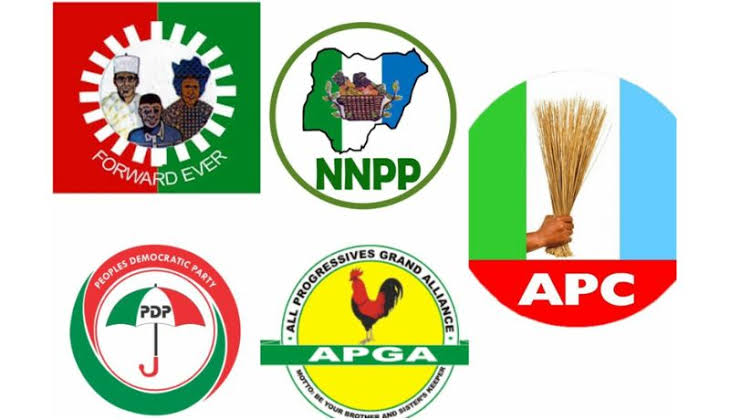
By Bayo Osiyemi
Introduction
Nigeria, often called the “Giant of Africa,” is brimming with diversity, history, and a complex political landscape. Understanding the Nigerian political system is a matter of civic awareness and a key to making informed decisions in a nation that plays a significant role in the African continent. This comprehensive guide will delve into the depths of Nigeria’s political journey, from its historical evolution to its current challenges and triumphs.
Historical Evolution of the Nigerian Political System
Before diving into the contemporary political landscape, it’s essential to rewind the clock and explore Nigeria’s historical political evolution. The nation’s pre-colonial era witnessed a multitude of diverse societies, each with distinct political structures. These indigenous systems ranged from decentralized networks to centralized monarchies, showcasing the richness of Nigeria’s past.
EDITOR’S PICKS
The impact of colonization, however, was profound. British colonial rule led to establishment of a centralized administrative structure, which later shaped the foundation of Nigeria’s modern political system. The struggle for independence in the mid-20th century marked a significant turning point, leading Nigeria to establish its sovereignty and embark on its democratic journey.
Nigeria’s Government Structure
Nigeria operates under a federal structure, meaning power is distributed among federal, state, and local government tiers. Each tier plays a unique role in governing the country, with responsibilities outlined in the Nigerian Constitution. The federal government encompasses the Executive, Legislative, and Judicial branches, forming a system of checks and balances to ensure fair governance.
The Three Arms of Government
1. Executive Branch: As the head of state and government, the President leads the executive branch. The President is supported by ministers who head various government ministries and agencies responsible for implementing policies and programs.
2. Legislative Branch: The National Assembly comprises the Senate and the House of Representatives. They are responsible for making and passing laws that affect the entire nation.
3. Judicial Branch: The judiciary, led by the Supreme Court, interprets the laws and ensures they align with the Constitution. It plays a crucial role in upholding the rule of law in Nigeria.
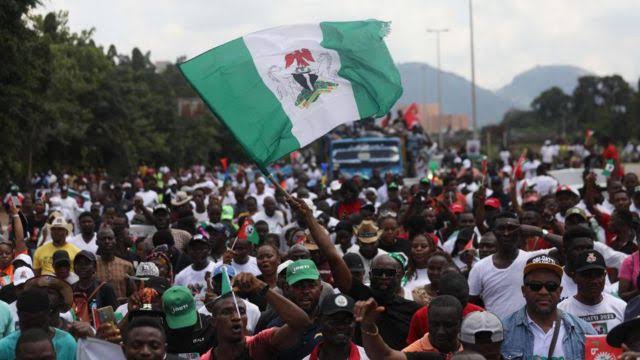
Nigerians at a political rally
Nigerian Democracy and Political Culture
Challenges, progress, and resilience have marked Nigeria’s journey toward democracy. Since gaining independence in 1960, the nation has experienced periods of military rule and democratic transitions. The principles of democracy, including popular participation, the protection of individual rights, and the rule of law, form the bedrock of Nigeria’s political culture.
At the heart of Nigeria’s democracy are its citizens. Civic engagement and political participation are essential for the nation’s growth. From grassroots movements to national elections, Nigerian citizens have a powerful voice in shaping the future of their country.
Nigerian Political Parties
Nigeria boasts a vibrant political party system, with a mix of major and minor parties contributing to the nation’s political landscape. The two prominent parties, the All Progressives Congress (APC) and the People’s Democratic Party (PDP) have shaped Nigeria’s political discourse and contested elections at various levels.
Party Ideologies and Dynamics
● The APC leans towards center-right ideologies, advocating for market-driven economic policies and conservative social values.
● The PDP, on the other hand, embraces center-left ideologies, emphasizing social welfare programs and progressive policies.
The Role of Ethnicity and Religion in Nigerian Politics
Nigeria’s diversity extends beyond its cultural aspects; it profoundly influences the nation’s politics. With over 250 ethnic groups and multiple religions, the intersection of ethnicity and religion plays a substantial role in shaping political dynamics.
Impact on Voting Patterns
● Ethnic and religious affiliations often influence voters’ choices during elections, impacting party support and candidate preferences.
● Political parties strategically target specific ethnic and religious groups to secure electoral victories.
Nigerian Electoral System and Elections
The electoral process in Nigeria is a pivotal aspect of its democratic system. Elections, from local council polls to presidential contests, are the cornerstone of citizen participation.
Types of Elections
1. Presidential Elections: These elections determine Nigeria’s President, who serves as the nation’s leader and represents Nigeria on the global stage.
2. Gubernatorial Elections: These elections determine state governors responsible for state-level governance.
3. Legislative Elections: Elections for the National Assembly and state houses of assembly shape Nigeria’s legislative branch.
The Nigerian Constitution and Rule of Law
The Nigerian Constitution is the supreme law of the land, outlining the rights, responsibilities, and structures that govern the nation. It ensures the rule of law, safeguards citizens’ rights, and establishes a framework for a just society.
The Judiciary’s Role
● The judiciary, led by the Supreme Court, interprets the Constitution and resolves legal disputes.
● Its independence is essential to maintain a fair and impartial legal system.
Contemporary Political Issues and Challenges
Nigeria faces various contemporary political issues that impact its progress and stability. Corruption, security concerns, economic inequality, and social welfare are among the nation’s challenges.
Efforts Toward Progress
● Anti-corruption initiatives strive to tackle endemic corruption and promote transparency in governance.
● Security agencies work to combat terrorism, insurgency, and other threats to national security.
Conclusion
In the intricate tapestry of the Nigerian political system, understanding its historical roots, government structure, democratic values, and contemporary challenges is paramount. This guide has offered a comprehensive overview, aiming to equip you with the knowledge needed to engage in informed discussions, participate actively in civic affairs, and contribute to shaping Nigeria’s future. As the nation evolves, remember that a well-informed citizenry is the cornerstone of a thriving democracy.
Whether you’re a citizen, a student, a researcher, or an enthusiast, the journey to comprehend the Nigerian political system is enlightening and empowering. By navigating the complexities of its past and present, you’re playing a vital role in the ongoing story of Nigeria—a nation poised to leave a lasting impact on the world stage.
FURTHER READING
Remember: democracy is not a spectator sport. It thrives when its participants are well-informed, engaged, and committed to the betterment of society.
Click to watch our video of the week
Advertise or Publish a Story on EkoHot Blog:
Kindly contact us at [email protected]. Breaking stories should be sent to the above email and substantiated with pictorial evidence.
Citizen journalists will receive a token as data incentive.
Call or Whatsapp: 0803 561 7233, 0703 414 5611


